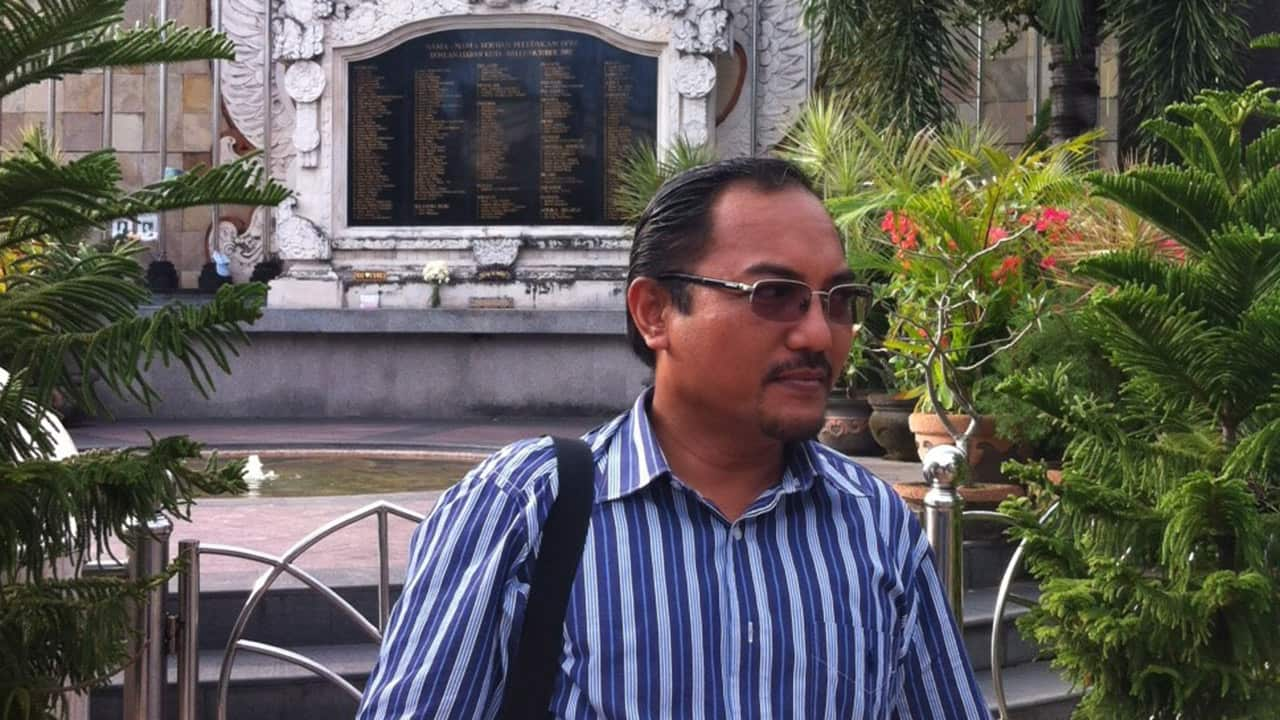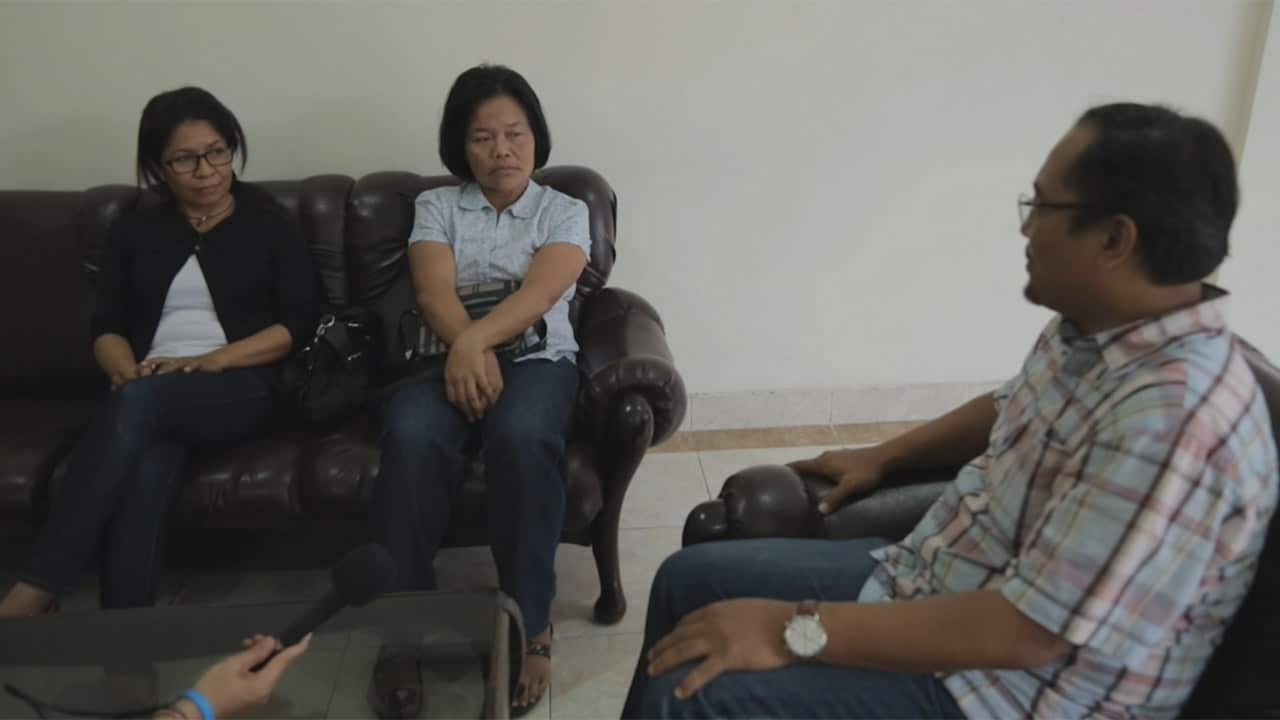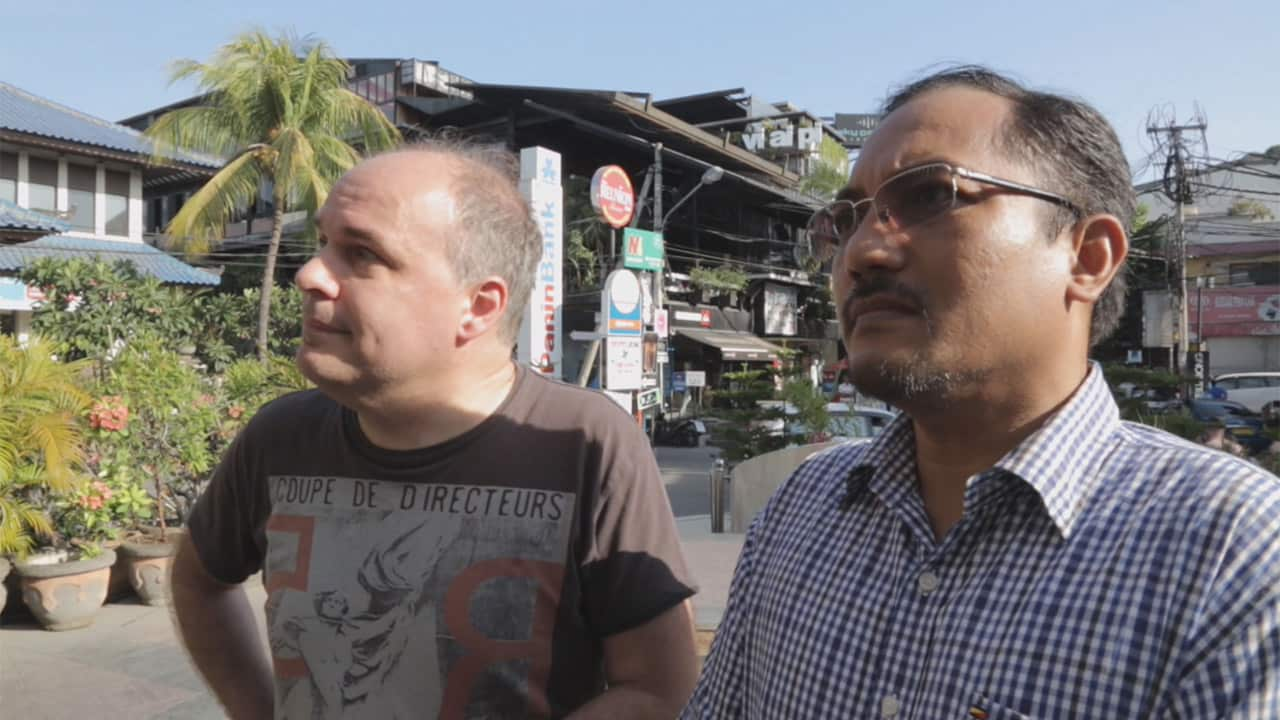For the last 12 months I have been travelling around Java and Bali with Nasir Abbas, a former senior Jemaah Islamiyah leader and the man who trained the Bali bombers, for my story about him on Dateline.
We have been meeting victims of the bombings which members of his group carried out and also convicted terrorists who are now out of jail.
Towards the end of the year I had lunch with an investigator with the special anti-terror force Densus 88. He told me, “When I travel with Nasir Abbas I always stay at another hotel, so that if his former friends attack or bomb his hotel I will be safe.”
He laughed when I told him that information had come too late.

Nasir lives with constant death threats after he dramatically changed sides after being arrested in 2003. He gave information to the police that led to the arrest of many of his former friends and now works to deradicalise his former students.
As we were driving to his house, he told me that I was the first journalist he had ever invited into his home. We could not film anything that would give away the location or show his family. But there is something about Nasir’s manner that has meant I never felt scared being with him.
It’s been a very emotional journey. When I sat listening to the meeting with Nasir and Ni Luh Erniati as he told her very bluntly that Bali was the target and that her husband was killed to get the world’s attention, my eyes filled with tears.

Seeing Nyoman Rencini break down hearing for the first time the motivations of the bombs was also incredibly moving.
The Balinese widows were very open to the idea of meeting with Nasir Abbas and hearing about his story. They are fearful that it will happen again and want to be part of any movement that works to stop terrorism.
I am in awe of how the Balinese women deal with grief. The project has made me think a lot about how different cultures deal with grief and the power of a strong community and family.
Finding Australians who wanted to take part in the project was much more difficult. Most said it would be too painful, were too angry or were just not interested in meeting Nasir - someone so closely related to the bombings.

Melbourne-based Jan Laczynski, who is married to an Indonesian and lost five friends, was very open and took up the challenge and came along with burning questions and an eagerness to understand and find some closure.
After spending this time with Nasir, I do have respect for what he is doing to promote tolerance and peace in Indonesia, I do believe this unique deradicalisation program is on one level working well.
People always ask me ‘Do I think Nasir is genuine?’ - it’s a question that I will probably never be able to answer.
See the first part of Rebecca's Meet the Terrorists story featuring Nasir Abbas:
In part two, Ni Luh, Nyoman and Jan meet the bomber himself, Ali Imron, as he faces family and friends of the victims for the first time ever.
Dateline is an award-winning Australian, international documentary series airing for over 40 years. Each week Dateline scours the globe to bring you a world of daring stories. Read more about Dateline
Have a story or comment? Contact Us


